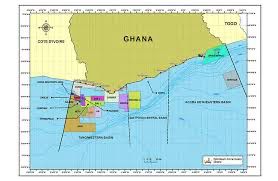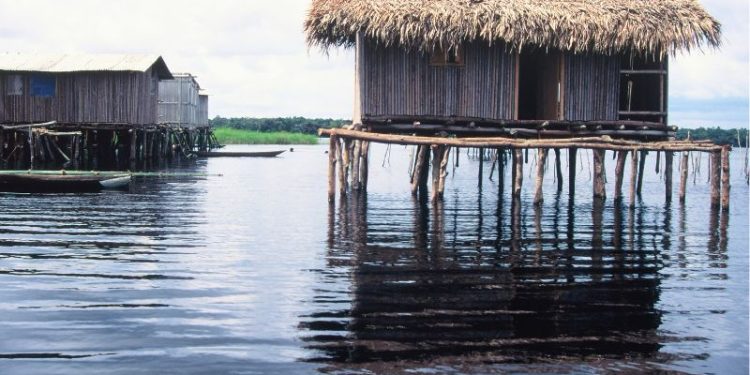Nzema Land, Western Region Once known for their courage, wisdom, and cultural richness, the Nzema people now find themselves at a crossroads. A tribe that once played a significant role in Ghana’s national story appears to be slowly fading into the background, fragmented by decades of internal conflict, political division, and unfulfilled promises.
Some believe the tribe is under a spiritual curse the result of betrayal and historical injustice. Others say the Nzema are simply stuck in the past, unable to adapt and unite for the future. Whatever the case, one thing is clear: development in Nzema land has stalled, and many are beginning to ask difficult questions.
The Betrayal That Changed Everything
The decline of unity among the Nzema is often traced back to the betrayal of King Kaku Aka I, a powerful and respected leader who was dethroned under circumstances still debated today. His fall from power, many say, was not just political it was spiritual. Stories passed down through generations suggest the king may have cursed his betrayers and the land, a curse that some believe continues to affect the tribe’s fortunes to this day.
Further pain was added with the exile of Dr. Kwame Nkrumah, Ghana’s first president and son of Nzema land. His removal from power created a deep political vacuum and left the tribe divided in loyalty and purpose. What should have been a unifying legacy became yet another source of tension and fragmentation.

The Legacy of Division
From chieftaincy disputes to party politics, division has become a defining feature of Nzema society. Development projects often stall because of disagreements between local leaders, while opportunities to collaborate across communities are missed due to historical rivalries and mistrust.
In recent years, a particularly troubling trend has emerged: chieftaincy disputes are increasingly being settled in courtrooms instead of through traditional mediation. Over the past eight years, the number of cases filed has risen sharply, with multiple royal gates contesting legitimacy in drawn-out legal battles. What once was a sacred, communal process grounded in ancestral customs has now become entangled in bureaucracy, legal fees, and political interference. These court disputes not only deepen existing rifts but also paralyze local leadership structures and delay much-needed development.
In politics, the Nzema have struggled to present a united front. Leaders from the region often fail to gain full support from their own people, as political affiliation frequently takes precedence over collective interest. Meanwhile, young people face unemployment, roads remain unpaved, and basic services are underdeveloped even as wealth from offshore oil operations grows just miles away.

The Curse of Opportunity
Perhaps the most painful irony is that when opportunity knocks, it too often ends in conflict. The discovery of oil in the Western Region a potentially transformative moment brought hope to many Nzema communities. But disputes over land ownership, royalties, and political control turned excitement into disappointment.
Cultural projects and festivals meant to unite the tribe frequently collapse due to disagreements between chiefs or competing agendas. Over time, this pattern has earned a name among locals: the curse of opportunity a cycle where every breakthrough leads not to progress, but to division.
Breaking the Cycle
Yet, all is not lost. Across Nzema land, there is a growing recognition that the future cannot be built on division. Traditional leaders, youth, and community groups are beginning to call for unity, reconciliation, and a return to shared values.
Analysts and elders alike stress the importance of moving beyond political tribalism. “We must stop fighting over who gets credit, and start building together,” said a local youth leader from Jomoro. “No one is coming to save us. We must save ourselves.”
Calls are also being made for stronger investment in youth empowerment, education, and cultural preservation. There is a belief that the next generation of Nzema must be equipped not just with skills, but with a new mindset one that values community over party, and progress over pride.
A Future Still Within Reach
The Nzema have a proud past one that includes kings, warriors, scholars, and a president. But history cannot feed the people or pave the roads. To change the course of their future, Nzema communities must decide whether they will remain trapped in old wounds, or rise together to shape a new destiny.
So the question remains, not just for Nzema, but for Ghana as a whole:
Is the Nzema tribe truly cursed… or simply waiting to wake up?
By Nzematoday Tv











